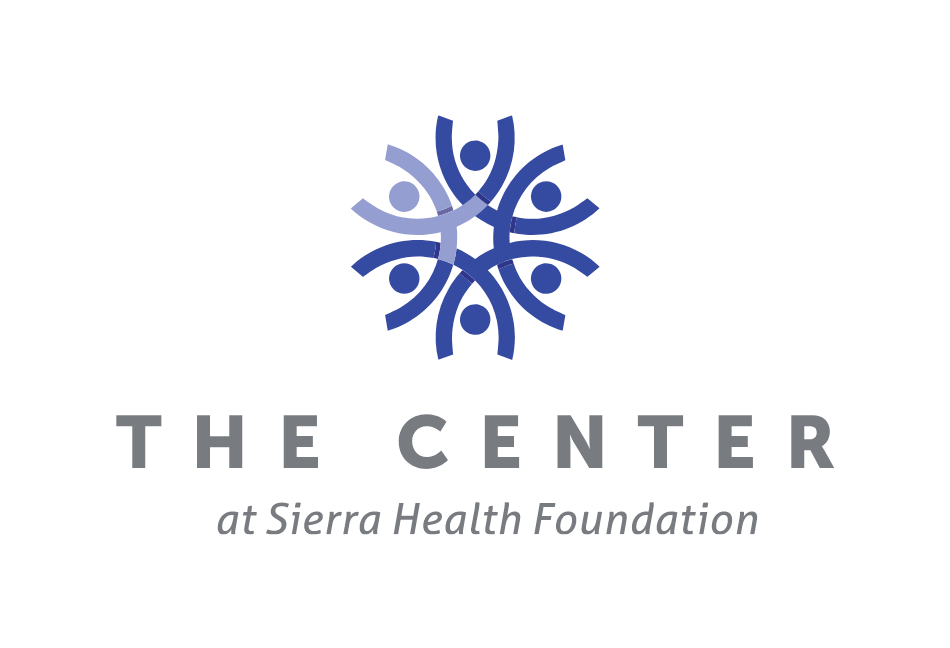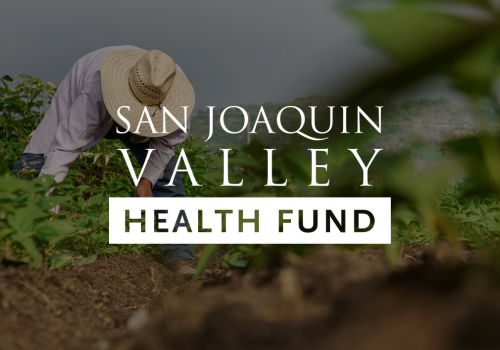On June 25, nearly 150 participants joined San Joaquin Valley Health Fund’s second Policy Briefing on Climate Change and Resiliency, which focused on farmworkers and vulnerable communities in the San Joaquin Valley.
“Addressing the interrelated issues of climate change and the social determinants of health is fundamentally important to the work of The Center,” shared Reyna Villalobos, managing director of Regional Programs at The Center, which manages the San Joaquin Valley Health Fund (SJVHF).
Participants heard from local government leaders, researchers, community-based organization leaders, scientists, and farmworkers about climate change impacts and opportunities for community-centered policy solutions. Citing regional effects in the San Joaquin Valley, Tulare County Supervisor Eddie Valero shared that “health equity and climate risks are interconnected challenges that demand our immediate attention.”
The San Joaquin Valley’s nearly 300,000 farmworkers experience many of these climate risks firsthand. “The heat is suffocating,” said Matias Nandayapa, a farmworker and McFarland community leader with Faith in the Valley. “As agricultural workers, we undergo emotional, physical, mental, social and economic stress, given [our] work conditions.”
Margarita Padilla, farmworker and Fresno community leader with the Central California Environmental Justice Network, added: “Organizations should defend farmworkers and their rights. We work hard to send fruit to every person and their households. We hope to be treated with integrity and respect in return.”
Representatives of the Central Valley Health Policy Institute joined the policy briefing to share tools like the federal Climate and Economic Justice Screening Tool and FEMA Natural Hazards Index, which can be used to demonstrate the scope of climate impacts in a given region or community. For example, the Institute found that low-income communities and Latinx populations experienced the highest energy cost burden, relative to others in the San Joaquin Valley. Several cities in the Valley, like Calwa in Fresno County, experienced the worst rates of air pollution in the entire nation.
Pablo Ortiz, director of innovation and collaboration at Union of Concerned Scientists, offered several policy solutions, including equitable cropland transition, groundwater recharge and floodplains restoration, agricultural incentives that reduce water and air pollution, infrastructure resilience, and community engagement in policy development.
Farmworker advocates Armando Elenes, treasurer at United Farm Workers, Oralia Maceda, program director at Centro Binacional Para El Desarrollo Indígena Oaxaqueño, and Josh Stenner-Lara, policy and program coordinator at California Rural Legal Assistance, shared the continued need for farmworker rights amidst worsening environmental conditions and inadequate administration of worker protections.
“The government incentives we have seen to address climate change impacts are not sufficient,” Oralia said. “There is a need for more clear and permanent solutions when workers are facing extreme conditions.”
The event closed with remarks from Kendra Lewis, managing director of Community and Economic Development at The Center: “There is hope. There are resources. There are many folks in dynamic organizations that are here. I’m really looking forward to working together and building strength in the Valley, getting these resources, and making sure the fight continues.”
The Center’s San Joaquin Valley Health Fund and Community Economic Mobilization Initiative (CEMI) will continue to convene community leaders, elected officials, funders and others in pursuing community-centered climate resiliency in California. For more information about these programs, visit www.shfcenter.org/programs-and-initiatives/.

